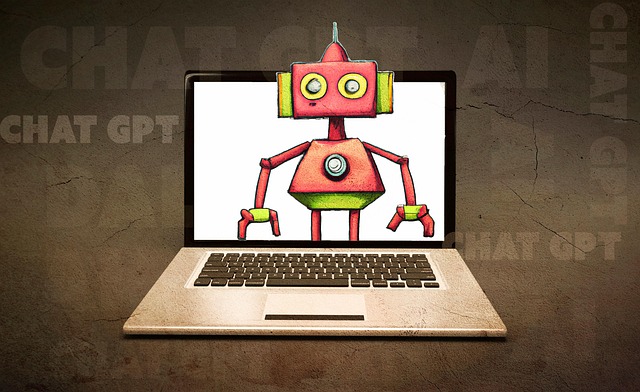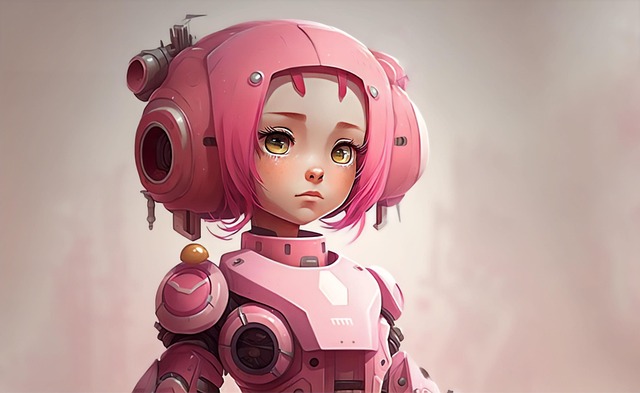# The Impact of AI Technology on Society: Navigating Changes in Work, Life, and Relationships
Artificial Intelligence (AI) technology is revolutionizing various aspects of society, reshaping how we work, live, and interact with one another. As AI systems become more integrated into everyday life, the implications of these changes are profound and far-reaching. Understanding the impact of AI technology is essential for adapting to this rapidly evolving landscape.
## Transformations in the Workforce
The workforce is undergoing a seismic shift as AI technologies automate tasks that were once performed by humans. Many industries are experiencing a transformation in job roles, with AI taking over repetitive and mundane tasks. For instance, in manufacturing, robots equipped with AI can manage production lines with precision and efficiency, reducing the need for human labor in specific areas. This shift raises questions about job displacement and the future of work.
Moreover, while some jobs are being lost to automation, new roles are emerging that require a different skill set. The demand for AI specialists, data analysts, and tech-savvy professionals is on the rise. As a result, workers are increasingly required to adapt and upskill to remain relevant in the workforce. Educational institutions are responding by incorporating AI and technology-related courses into their curricula, preparing the next generation for a job market that will heavily rely on these skills.
The gig economy is also experiencing a transformation due to AI advancements. Platforms that connect freelancers with clients are utilizing AI algorithms to match skills with project requirements efficiently. This innovation allows for greater flexibility and accessibility in the workforce, enabling individuals to find work that suits their schedule and expertise. However, this shift also raises concerns about job security and benefits for gig workers, as traditional employment models are disrupted.
## Changes in Daily Life
Daily life is being reshaped by AI technology in numerous ways, enhancing convenience and efficiency. Smart home devices, powered by AI, are becoming commonplace, allowing individuals to control their environment with voice commands or smartphone applications. From adjusting thermostats to managing security systems, these technologies are improving the quality of life for many. However, this convenience comes with privacy concerns, as data collection by these devices raises questions about how personal information is used and protected.
Additionally, AI is transforming healthcare delivery. Telemedicine platforms, driven by AI algorithms, enable remote consultations, making healthcare more accessible to individuals in remote areas. AI can analyze medical data and assist in diagnosing diseases, leading to quicker and more accurate treatment decisions. Nevertheless, the reliance on AI in healthcare also presents ethical dilemmas, particularly regarding patient data privacy and the potential for algorithmic bias in diagnosing conditions.
Transportation is another area where AI is making significant strides. Autonomous vehicles, powered by AI, promise to revolutionize how we commute. While the potential for reduced traffic accidents and enhanced mobility is enticing, the transition to self-driving cars raises concerns about job loss in driving professions and the need for new regulations to ensure safety on the roads.
## Evolving Relationships in the Age of AI
The integration of AI technology into daily life is also impacting how we interact and form relationships. Social media platforms utilize AI algorithms to curate content, influencing how we connect with others. While these technologies can foster connections and build communities, they can also lead to the creation of echo chambers, where individuals are only exposed to viewpoints that align with their own. This phenomenon can hinder meaningful discourse and contribute to societal polarization.
Furthermore, AI-driven virtual assistants and chatbots are increasingly being used in customer service and personal interactions. While these tools can streamline communication and provide quick responses, they may lack the emotional intelligence and empathy that human interactions offer. As people become accustomed to interacting with AI, there is a concern that genuine human connections may diminish, leading to feelings of isolation and loneliness.
On a more personal level, dating applications are leveraging AI to enhance user experiences. Algorithms analyze user preferences and behaviors to suggest potential matches, making the search for romantic partners more efficient. However, this reliance on technology in dating can lead to superficial connections, as individuals may prioritize algorithmic compatibility over genuine emotional connection. The challenge lies in balancing the benefits of AI-enhanced matchmaking with the need for authentic relationships.
## Conclusion: Embracing the Future
Navigating the impact of AI technology on society requires a thoughtful approach that considers both the benefits and challenges it presents. As the workforce evolves, individuals must adapt by acquiring new skills and embracing lifelong learning. Daily life will continue to be shaped by AI, enhancing convenience while raising important questions about privacy and ethics. Moreover, our relationships will be tested as we learn to balance the advantages of AI with the need for genuine human connection.
By fostering open discussions about the implications of AI technology, society can better prepare for the changes ahead. Policymakers, educators, and industry leaders must work together to create frameworks that promote ethical AI usage and ensure that the benefits of these technologies are accessible to all. As we move forward, embracing the potential of AI while remaining vigilant about its impact will be crucial in navigating the complexities of a rapidly changing world.











